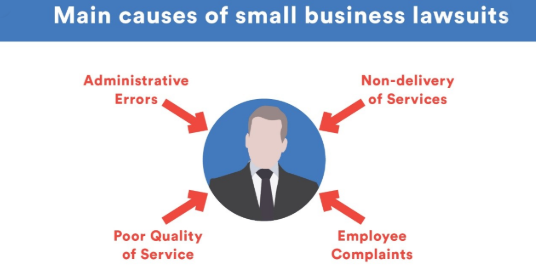How Small Business Owners Can Unplug & Take A Real Vacation

By Debbie Gregory.
All small business owners have attempted to take a vacation that is inevitably interrupted with yet another crisis at work. You are currently on vacation and you are supposed to be relaxing and having a good time. Your phone won’t stop, your emails keep flowing in and instead of relaxing, you are furiously typing and scrolling away on your laptop.
It is easy to fall into the trap of working while on vacation. Most business owners never fully unplug from the office while supposedly vacationing. While this sounds like a good plan, you are unfortunately setting yourself up for more stress, anxiety, and total burnout. Additionally, people who do not take at least one 1-week vacation a year are 30% more likely to have a heart attack and this number increases dramatically for women. So do yourself and your overall health a favor, and take a real vacation!
So, how do you truly let work handle itself for a while as you get some much needed R&R?
Setup a vacation plan:
Once you have selected your getaway, make sure that you work wit your team to be able to handle business while you are away.
- Delegate tasks
- Create backup plans
- Make your communication boundaries clear
- Make your availability clear
- Make sure each employee knows what is expected of them
- Empower your staff to handle problems should they arise
Setup a return plan:
You know that your first day back into the office will be a nightmare game of catching up. Your inbox will be full and your to-do list will be long. Take the time to pre-organize and prioritize what you will need to do once you return to work.
Use the three Ds – Delete, Delegate, and Deal.
- Delete everything your team is already managing.
- Delegate what you can have someone else handle.
- Deal with what you need to take care of.
Setup a schedule:
If you absolutely must check in with your business, establish a daily and timed routine for checking in and stick to it. Deviating from your schedule, can lead you down the rabbit hole of emails, calls, and other work issues.
Only respond to real emergencies:
Not every situation requires your response. Make sure that you only engage if you absolutely have to.
Taking a true vacation can seem impossible for a small business owner. With some careful planning and a bit of letting go, you can finally get the rest and relaxation that you desperately need. Now Unwind, relax and enjoy!














